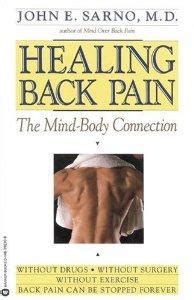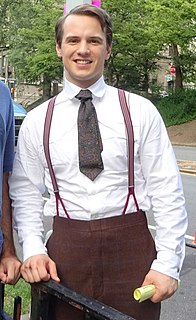A Quote by Andre Naffis-Sahely
Most of us have been subjected to terrible political poetry at least once or twice in our lifetimes, and so we tend to shy away from it.
Related Quotes
When our bodies are sick and people extend their sympathy, bring us soup, offer up solutions. When our minds are sick, people tend to shy away from you, be afraid, or call you outright crazy. I'm fascinated by the way society and individuals view mental illness, and most of my shorts comment on that.
What poetry is asking us to accept can be difficult. Our proximity to our mortality, the fragility of our existence, how close we live in every moment to nameless abysses, and the way language itself is beautifully, tragically, thrillingly insufficient...these are some of the engines that drive the poem. It's natural to want to turn away from these things. But we have to face them, as best we can, at least sometimes. Poetry can help us in that nearly impossible work.
My feeling is that most political poetry is preaching to the choir, and that the people who are going to make the political changes in our lives are not the people who read poetry, unfortunately. Poetry not specifically aimed at political revolution, though, is beneficial in moving people toward that kind of action, as well as other kinds of action. A good poem makes me want to be active on as many fronts as possible.
we need poetry most at those moments when life astounds us with losses, gains, or celebrations. We need it most when we are most hurt, most happy, most downcast, most jubilant. Poetry is the language we speak in times of greatest need. And the fact that it is an endangered species in our culture tells us that we are in deep trouble.
Of all the art forms, poetry is the most economical. It is the one which is the most secret, which requires the least physical labor, the least material, and the one which can be done between shifts, in the hospital pantry, on the subway, and on scraps of surplus paper. ... poetry has been the major voice of poor, working class, and Colored women. A room of one's own may be a necessity for writing prose, but so are reams of paper, a typewriter, and plenty of time.
Hispanic gives us all one ultimate paternal cultural progenitor: Spain. The diverse cultures already on the American shores when the Europeans arrived, as well as those introduced because of the African slave trade, are completely obliterated by the term. Hispanic is nothing more than a concession made by the U. S. legislature when they saw they couldn't get rid of us. If we won't go away, why not at least Europeanize us, make us presentable guests at the dinner table, take away our feathers and rattles and civilize us once and for all.







































